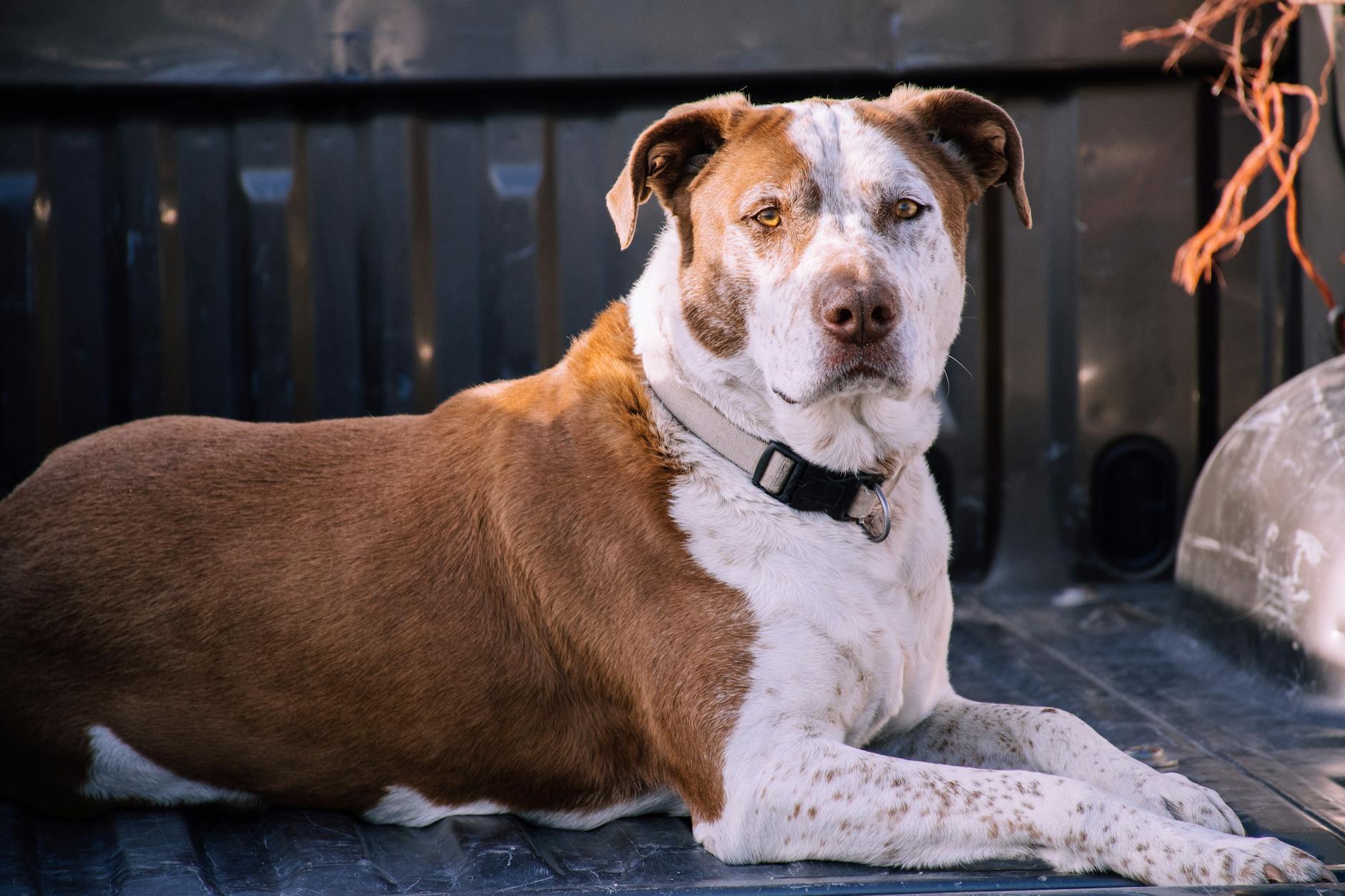Why Australia's Dog Owners Are Turning to New Pet Technologies

Understanding New Pet Technologies
Strolling through Hyde Park on balmy mornings, I've often noticed fellow dog owners like myself embracing bark collars to address their pups' barking tendencies. New pet technologies offer a variety of innovative tools designed to improve the lives of dogs and their owners. As a pet lover, I am drawn to tools that optimise pet care while ensuring safety and comfort.
With products such as the citronella dog collar, I find the reassurance that their gentle design is humane and effective. Dispensing a harmless citronella scent when dogs bark excessively, these collars can be a practical alternative to more punitive methods. Another tool gaining popularity in our Surry Hills coffee spot discussions is GPS dog tracking. This technology is invaluable for providing peace of mind, as it allows pet owners to monitor their dogs' location in real time, reducing the anxiety of a missing pet.
The innovation in pet safety is a testament to how far technology has come in assisting Australians to maintain the well-being of their furry friends. For us in the pet care community, it's about embracing tools that make a meaningful difference without compromising on our foundational values of compassion and ethical treatment.
Benefits for Dog Owners
Convenience in Daily Routine
As a canine enthusiast, I've noticed the remarkable shift in how pet owners manage their daily routines around Melbourne. Adopting technologies like a hidden dog fence can simplify life significantly. These tools provide peace of mind by ensuring that Bella and Max, or any overenthusiastic pooch, safely enjoy the backyard without constant oversight. Imagine incorporating these into morning walks around Hyde Park; knowing your furry friends’ boundaries are safeguarded lets you dive into your coffee meetups in Surry Hills without worry.
Improved Health Monitoring
Dog owners today are leveraging tech to keep a close eye on their pets' health. Early flags from smart collars can lead to timely veterinary visits, drastically improving health outcomes. In a professional setting, the data from training collars dogs provides invaluable insights into behavioral changes, helping adjust training methods effectively. For Emily, who juggles her commitments as a veterinary technician, access to such health records is almost non-negotiable. It aligns perfectly with her commitment to proactive, compassionate animal care.
Strengthening Owner-Dog Bond
The essence of using innovative pet technologies boils down to enhancing the bond between pets and their owners. It’s about employing these tools to facilitate communication and understanding. When Bella and Max respond better to training with the help of ethical collars or boundary systems, it not only makes life easier but strengthens the emotional connection. It’s a win-win, especially when advice gleaned from podcasts and journals supports these choices.
Considerations for Veterinary Technicians
Aligning with Healthcare Ethics
As a veterinary technician, one of my primary concerns is ensuring that any tool I recommend aligns with the core principles of animal care. For instance, embracing products like dog electric collars needs careful ethical consideration. While some collars provide innovative ways to enhance training, it's crucial to ensure they're used in a manner that prioritises the animal's welfare. Sharing the same views as several colleagues, I often find myself browsing veterinary journals during lunch breaks, especially those discussing the merits and demerits of such products. This way, I stay informed about safe alternatives that uphold humane treatment.
Integrating Technology in Practice
Incorporating technology into everyday pet care goes beyond picking the latest gadgets. It involves understanding how tools, such as dog travel accessories, fit into the broader spectrum of pet health, behaviour, and mobility. I often brainstorm with peers over coffee in Surry Hills about integrating new technology at work. By pooling our collective insights, we devise ways these tools complement traditional methods and enhance the holistic care we strive to provide.
Educating Pet Owners Safely
Communication with pet owners about technological tools is vital to preventing misuse. When I discuss training devices with pet owners, I ensure the conversation is informative, sharing both benefits and limitations. For instance, I often reference my experiences during workshops in Barangaroo, highlighting real-world examples to underscore best practices. By educating pet owners, we can enable them to make informed choices that support their pets' well-being.
Challenges with Adoption
Addressing Misinformation
Navigating the sea of training tools can be overwhelming, especially if you're unclear on what's genuinely beneficial. As I stroll with Bella and Max, I'm often reminded of the importance of discerning pet care advice. With tools like shock collars for a dog, it's vital to consider the potential for misinterpretation. Misinformation can lead pet owners to choose products that may not align with their humane values, disrupting trust in new technologies.
Navigating Product Overload
The vast array of options in the pet care market can be daunting for those of us committed to ethical treatment. Amidst the buzz surrounding dog collars that shock, understanding which devices are genuinely beneficial is crucial. It's easy to feel inundated with choices, but a clear, evidence-backed approach can help prioritize the well-being of our furry companions.
Balancing Tradition with Innovation
While advances in technology offer exciting possibilities, they should complement, not replace, traditional methods of care. It's crucial to find a middle ground where innovation supports our trusted practices. By combining these new tools with time-tested techniques, we can ensure a holistic approach to pet care that's both advanced and anchored in compassion.
Common Mistakes in Pet Technology
Misusing Training Devices
As someone deeply entrenched in the world of brand strategy, I've noticed that Sydney's dog owners often fall victim to the allure of new tech gadgets. Walking through Hyde Park during my morning jog, I’ve seen pet owners using devices without proper guidance, resulting in gadgets becoming sources of frustration rather than solutions. Understanding correct usage is crucial. Some misuse these devices, thinking instant fixes are on the menu, but real results demand patience and consistency. A balanced approach not only nurtures a better relationship with your pet but also optimizes the effectiveness of these tools.
Ignoring Professional Advice
While enjoying a flat white at a Surry Hills café, I often hear pet owners discussing their latest tech finds without consulting with vets. This eagerness to embrace technology can overlook the importance of seeking professional insight. Veterinary technicians offer puppy training Sydney with invaluable expertise tailored to address your dog's unique health and behavioural patterns. Their advice ensures that tech adoption aligns with your furry mate's specific needs, helping prevent costly or even harmful mistakes.
Over-reliance on Technology
During a recent marketing workshop at Barangaroo, the topic of technology dependency arose. While handy, it's essential not to let gadgets replace genuine interaction with our pets. Sydney's vibrant pet community values connection above all. Owners sometimes lean too heavily on tech, inadvertently distancing themselves from their pets. The key lies in merging tradition with innovation, allowing technology to supplement, not replace, personal engagement. Balancing tech use with real-world interaction creates a harmonious blend that empowers you as a more informed and connected pet owner.


